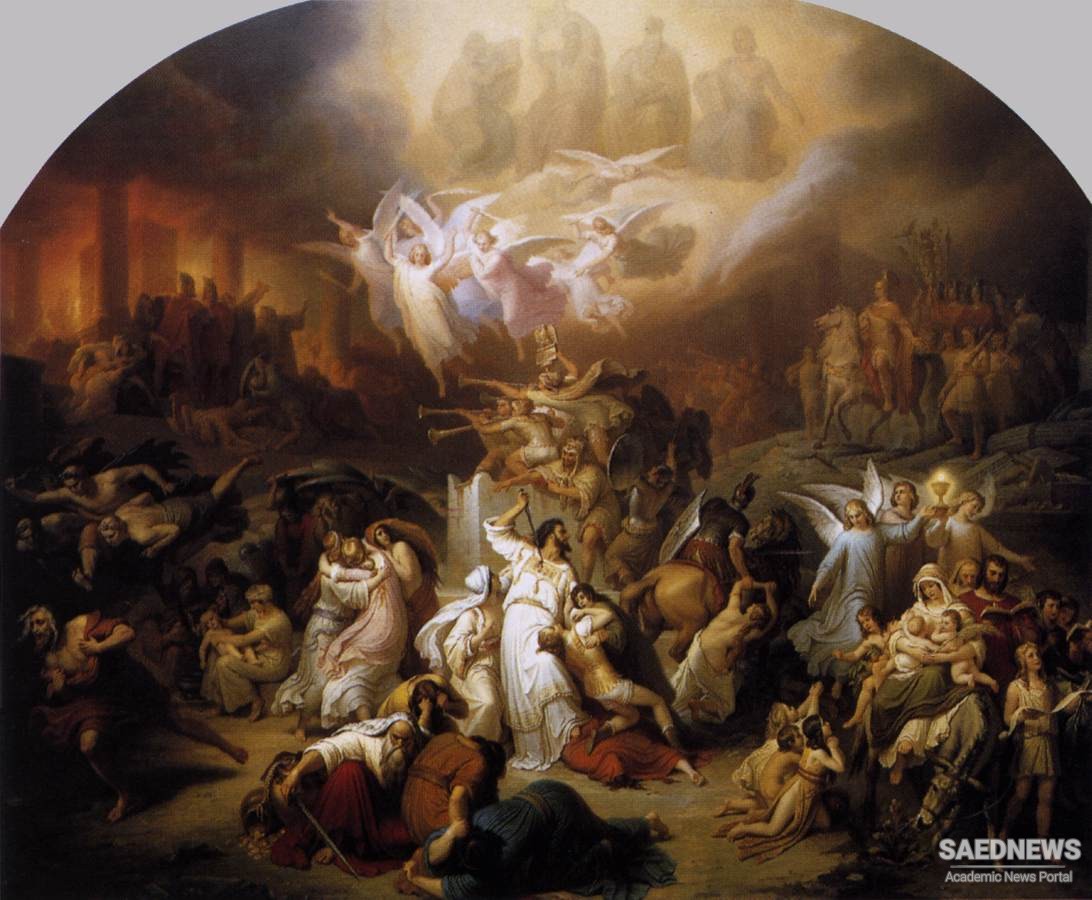The book of Revelation in the New Testament, which introduces itself as the “apokalypsis of Jesus Christ” (Rev. 1:1), was the first work to refer to itself as an apocalypse; indeed, “revelation” derives from the Latin revelatio, which is the standard translation for apokalypsis. For most people the term “apocalypse” summons up images of the cataclysmic end of the world, images that derive in large part from Revelation. But in Greek the term apokalypsis has nothing to do with the end of the world. Its basic meaning is “uncovering,” thus, more figuratively, “revelation.” The association with eschatology derives not from the meaning of the term but from the content of the book of Revelation and other related works. In scholarly usage the term “apocalypse” has come to be applied to Jewish and Christian works that share features of form and content with the book of Revelation whether or not the end of the world is their primary interest. Although many of these texts never use the term “apocalypse,” they present themselves as revelations to a great hero of the past mediated by an angel. The revelations typically take the form of symbolic visions of history, journeys through the heavens, or some combination of the two. The book of Revelation constitutes an exception to this description because its author writes in his own name, and there are apocalypses that differ from the description in other ways as well. But despite the deviations it is clear that the authors of these works write in consciousness of earlier examples of the genre. The interests characteristic of the corpus include not only the Last Judgment and cataclysmic end of the world but also reward and punishment after death, the heavenly temple, the divine throne room, and astronomical phenomena and other secrets of nature. The earliest of the apocalypses were written by Jews in the Second Temple period. The form was soon taken up by Christians, and Jews and Christians continued to write apocalypses through the Middle Ages. In the modern era the production of apocalypses has come to an end, but popular interest in them, and particularly in their predictions about the end of the world, continues.


 Millennial Religious Ideas and Modern Practitioners
Millennial Religious Ideas and Modern Practitioners














































